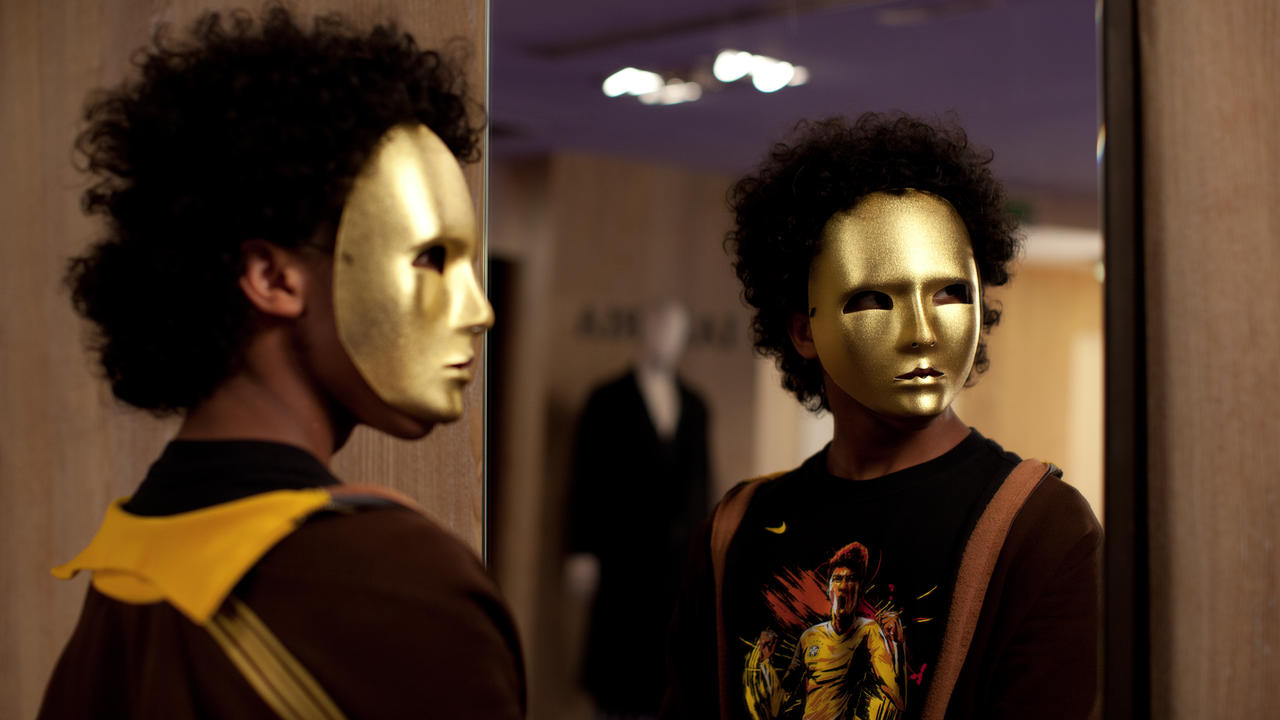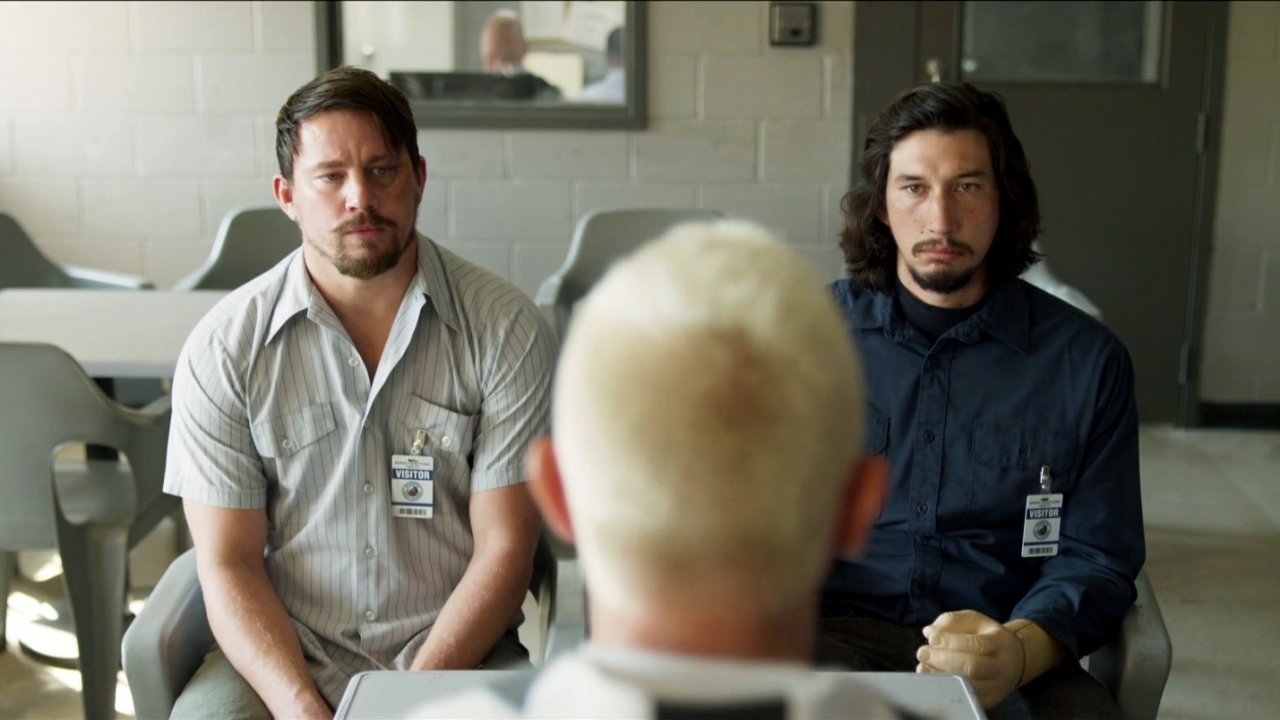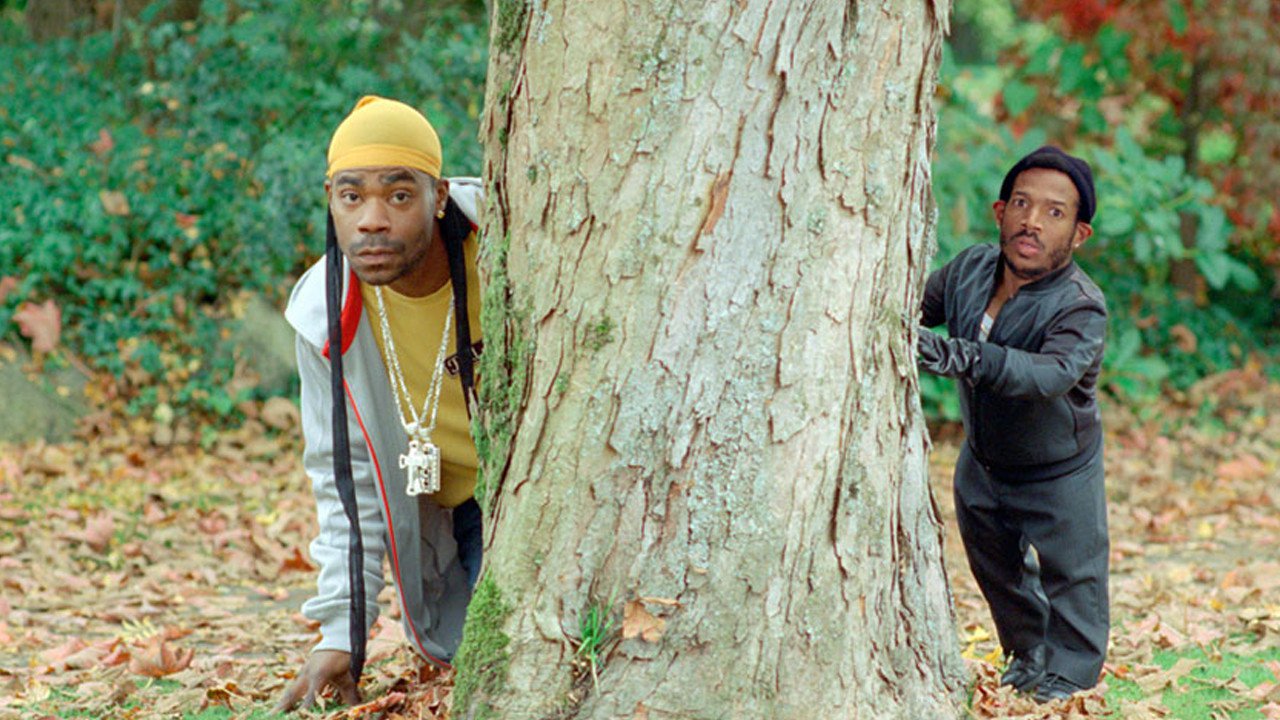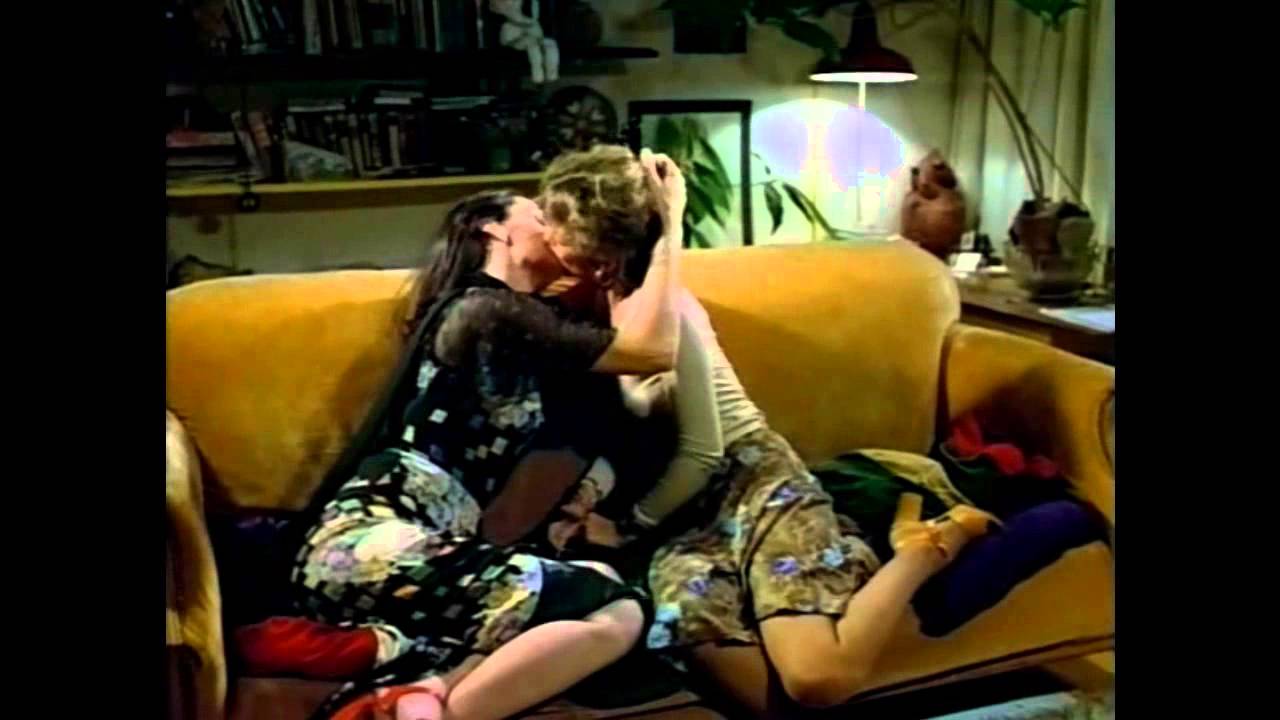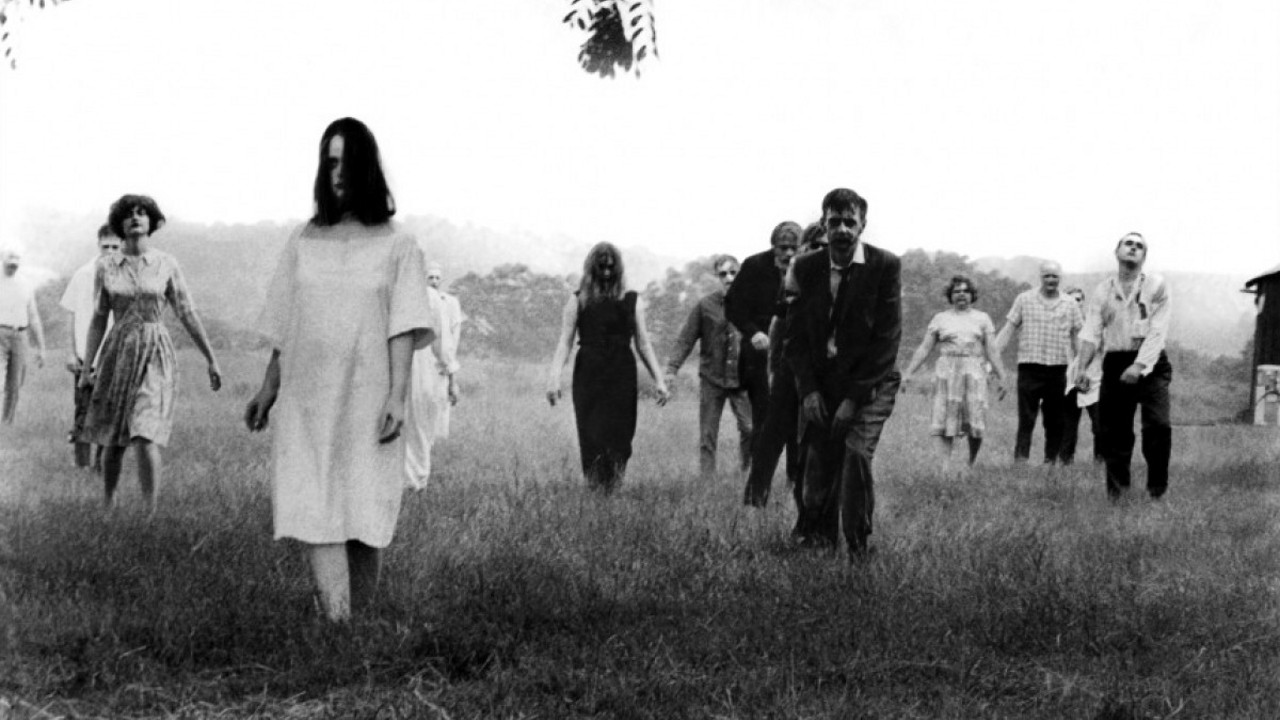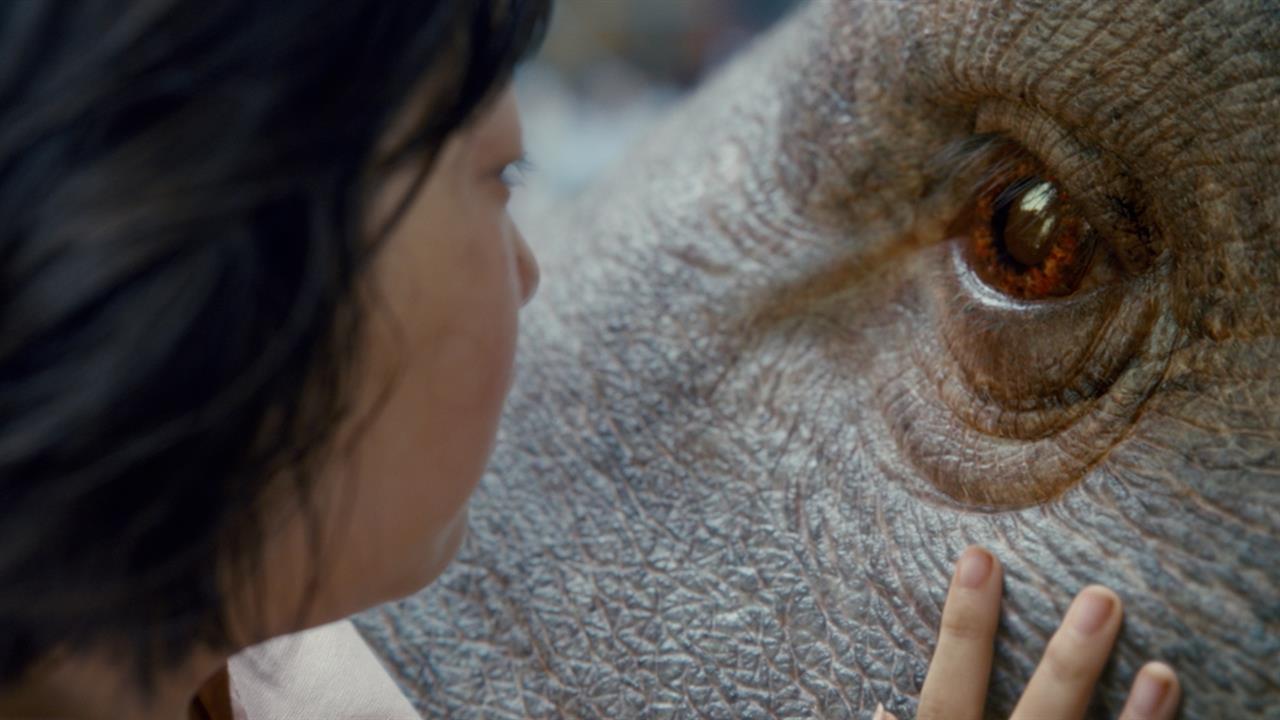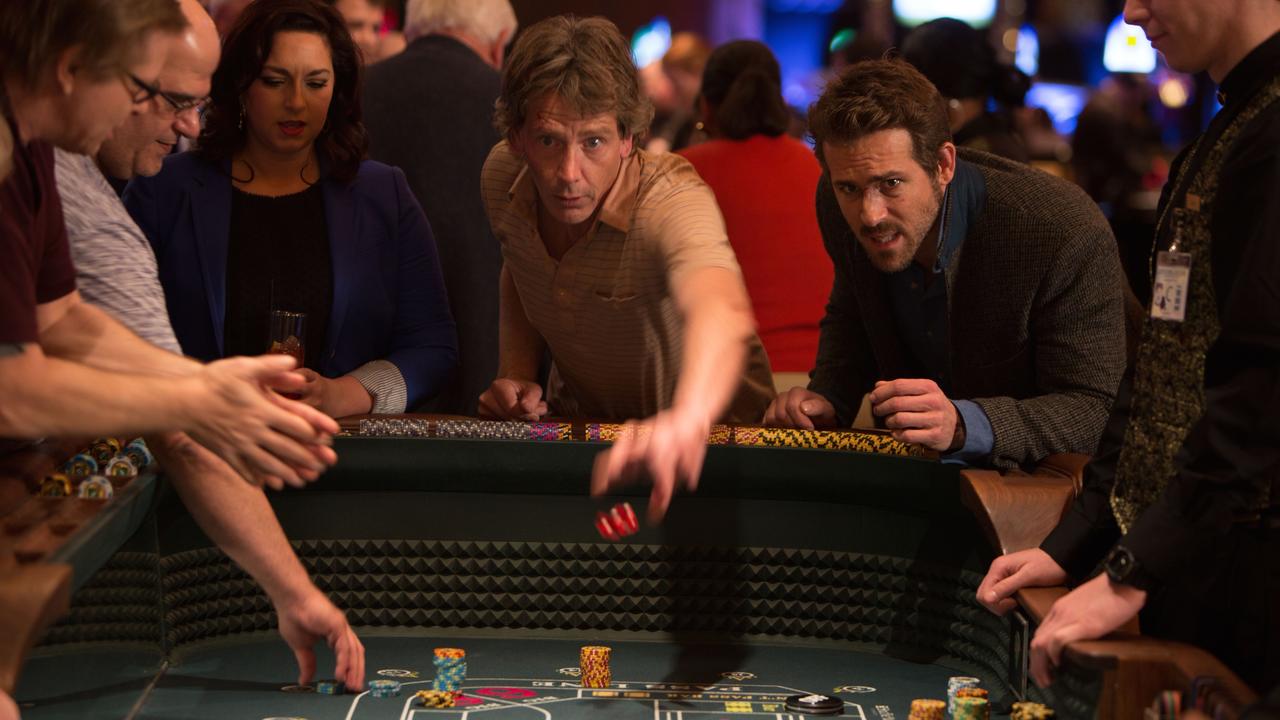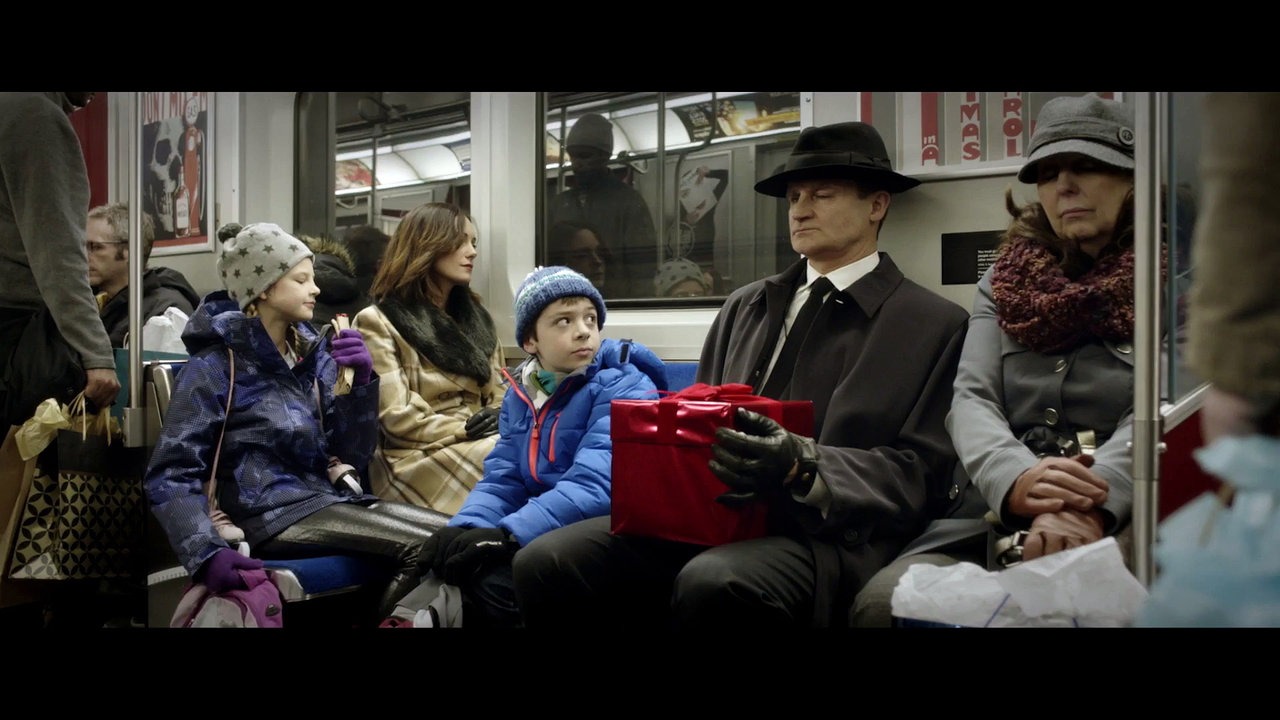In Kelly Reichardt’s masterful 2013 meditation on terrorism Night Moves, we’re slowly introduced to a trio of disaffected young people staging a dramatic intervention: the explosion of a dam. Memorably, and in true Reichardt fashion, that explosion, which by all standard narrative conventions should occupy the film’s central spot, registers in the narrative instead as a muted, distant noise.
Film
IT has broken every record in the book, except maybe something related to professional curling, or to sequels (which it — It — will remedy next year, where I have it on good information that the entire second half of Stephen King’s adapted magnum opus will involve the grown-up children of Derry, ME becoming curling champions battling Pennywise, The Metaphysical Curling Clown in its final moments, and maybe securing their victory with the help of also the Curling Turtle Who Curls).
Much has been made of the unconventional, even “game-changing” financing model that Steven Soderbergh employed to get his new Logan Lucky out to the world. And much more will be written about whether or not it “worked,” whether its success revolutionized the film industry — saving the mid-budget movie by wresting profits and control from the suits and placing them back in the hands of the creators — or if its failure spells doom for the model.
Ah, the week of August 6th through 12th, the glory days of film-streaming in our new economy that is working out terrifically. What have you got for me, corporate overlords?
Netflix is very proud, I assume, to announce its quadruple punch of Black Site Delta, Diary of an Exorcist – Zero, Naked, and White Gold, which sounds like a terrible, kind of sticky evening at a Manhattan cinemateque circa 1977.
Christopher Nolan is known, celebrated, and critiqued for two things: rigid attention to the clockwork nature of his spectacles, and a particular coldness to character. In Dunkirk, he splits the difference.
From Memento on, Nolan’s films seem much more enamored of mindfuck narrative structures than the people who populate them.
For tonight’s matinee, we showcase three films exploiting what might be called Architectural Horror, which is a term I just made up right now and immediately decided to copyright so please don’t use it or I will have to talk to the lawyers.
If memory serves, I was about 6 or 7 when I first saw George Romero’s The Night of the Living Dead. It’s one of those film-viewing experiences that left an indelible imprint: I distinctly remember that feeling of sympathetic helplessness, the emerging sense that this was not going to end well, along with the viscera and brutality, the total bleakness of the film’s climax.
As 2013’s Snowpiercer demonstrated in no uncertain terms, Bong Joon-ho will never be accused of excessive subtlety. Okja, his latest, doubles down on this, revealing a director entranced by over-the-top characterizations (I’m looking at you, Jake Gyllenhahl) and over-stuffed narratives.
The desperate masculinities and gambling families of Mississippi Grind and California Split
For all of our cultural emphasis on the lonely, solitary gambler, awaiting one big score or trying to dig himself (it’s always a him) out of a hole of his own making, it’s also true that gambling can create families of sorts by definition.

